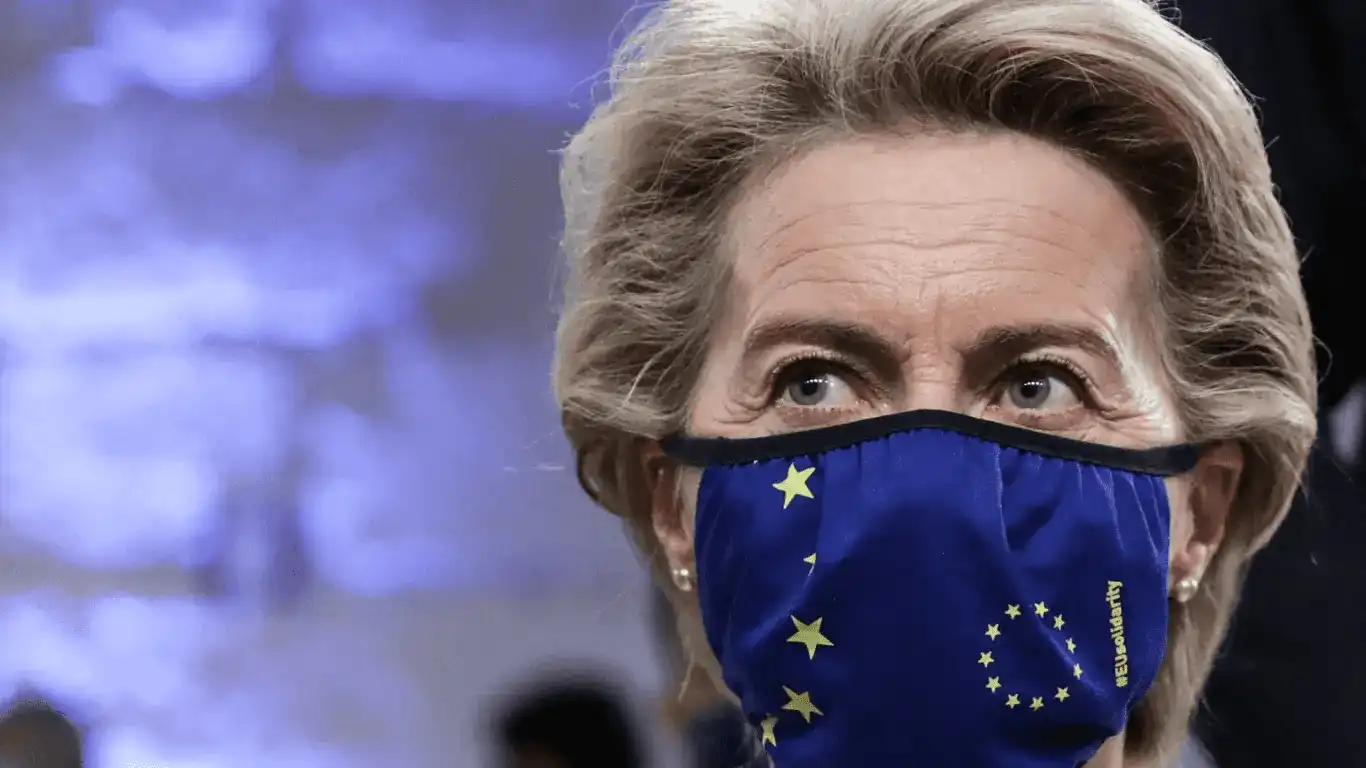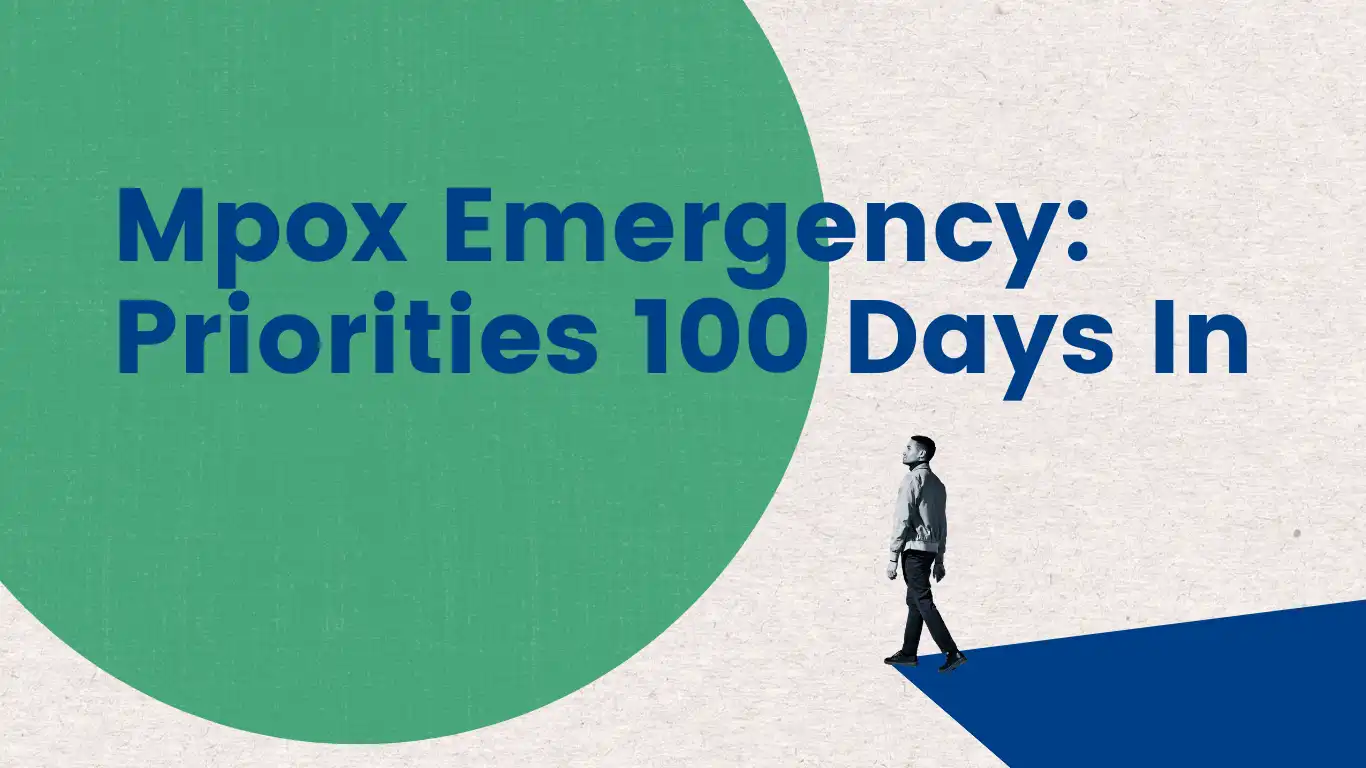The European Union (EU) confirmed today that they have signed an agreement with drugmakers that includes an option for the companies to deliver vaccines modified for variants within 100 days. Alongside this were the remarks made by President Ursula von der Leyen on Thursday at the closing of the European Council, where she made reference to the production of 300 million doses of vaccines per month in the EU.
All this signals a strong rollout of vaccines, support from governments, and commitments by all to get on top of this crisis. Yet, let’s not sit back and relax too soon.
Based on current reporting, the figures do not look the same when it comes to EU support to low- and lower middle-income countries (LLMICs). The data shows that the EU’s target of 250 million COVID-19 vaccine doses donations by the end of the year appears to be slipping.
And a new roadblock could be developing.
The EU recently reached an agreement to reallocate some of its 2021 budget (EUR1.3 billion to be precise) to secure another 200 million COVID-19 vaccine doses for COVAX. The European Commission has published an Action Document, laying out how it will implement this commitment. The plan would be to procure mRNA vaccines and then give them to COVAX.
We were surprised to see that the Action Document states some quite big risks to this plan — “there is a very high risk of not meeting the envisaged delivery by mid-2022, as the required duration of the procedure is 9-12 months” and “the manufacturers may not respond to an unattractive call for tender for mRNA vaccines… this will cause delays to procurement.”
So we posed some questions to the European Commission to try to work out why, when we know that COVAX has options available on 200 million doses that would allow for delivery by mid-2022, they choose to purchase doses themselves — a move that could delay rollout and potentially set a dangerous precedent by hindering COVAX from playing its role as a global risk mitigation instrument to continue accelerating global access to COVID-19 vaccines.
We asked President von der Leyen the following clarification questions:
- What evidence does the European Commission (EC) have that the EC directly purchasing vaccines would be the speedier option in terms of delivery on the ground?
- What rationale is there for favouring mRNA vaccines, and even using the Omicron variant’s spread as a justification, when the science on the relative effectiveness of vaccines to fight Omicron is still being determined and given that LLMICs need a range of vaccines suitable for a range of settings?
- What discussions have taken place with Member States on the merits of the EC’s approach and the risks outlined in the Action Document, and do Member States agree with this decision?
We have sent these questions to President von der Leyen and are waiting for her response.



